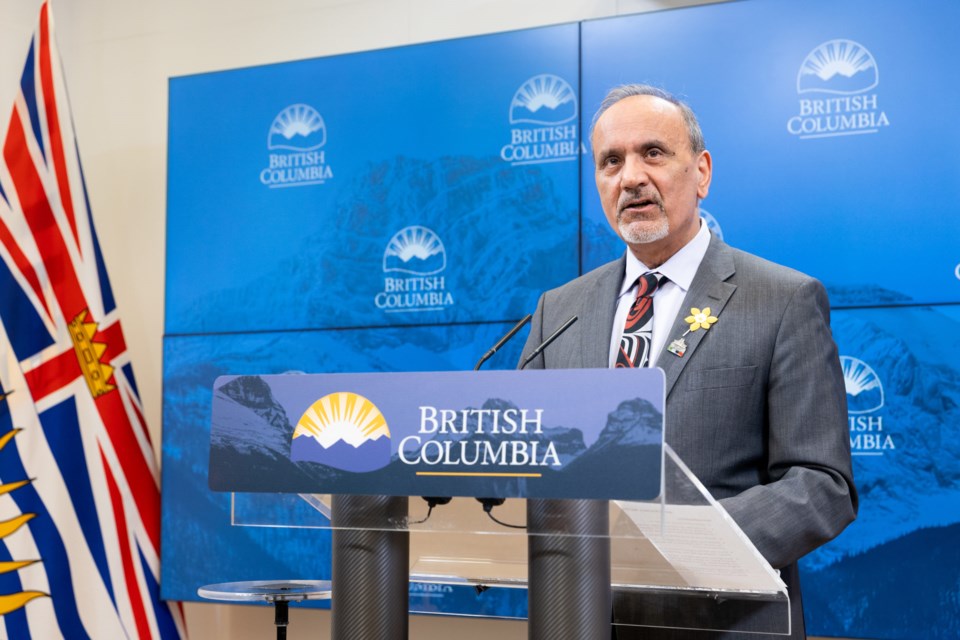Today, the NDP launched a do-over.
Labour Minister Harry Bains introduced proposed legislation which would create a “single-step certification process,” better known as card check, for workers in a given workplace to form or join a union.
Currently, the certification process has two steps: First, 45% must sign membership cards. If that happens, a secret ballot is held, which in BC is supervised by the Labour Relations Board, in a role similar to how Elections BC oversees and conducts provincial elections.
Under the new amendments, in some cases there will only be the card-signing process. If 55% of employees sign a card – potentially with no confidentiality or independent oversight – the workplace is automatically unionized.
In cases where cards are signed by 45 to 54% of workers, there would still be another, secret ballot, vote.
Speaking to media, Bains cited recent stories involving unionization disputes at Starbucks and Amazon, but this was no spur-of-the-moment move. To the NDP, card check is something like catechism, a long-promised “significant improvement,” making it easier to certify unions, and pre-empting “employer interference.”
If you’re confused how letting coworkers see how each other voted in potentially divisive arguments prevents interference, you’re not alone; polls indicate the issue doesn’t have much traction with the general public. In 2018, a poll found that only 9% of British Columbians supported losing the secret ballot and returning to card check. Among NDP voters (or at least those who voted NDP in 2017) 78% supported the secret ballot, with 12% wanting card check – a margin of more than 6 to 1.
Bains’ amendment also specifically targets the construction sector, allowing votes to join or even change unions to take place annually. This may well add some instability to workplaces, as continual drives to swap unions could become a permanent part of the industry.
Unionization rates have fallen precipitously in the sector, with 85% of BC construction workers choosing not to join one of the traditional building trades unions. (Full disclosure: several supporters of the secret ballot – including open shop and progressive union leaders – have contributed content and support in the past to The Orca.)
Industry reaction will be interesting. The Canadian Federation of Independent Business tweeted “We went from bad consultations to no consultation,” and pointing out Bains’ mandate letter directed him to “create new consultative mechanisms to engage employer and worker representatives in consideration of any changes proposed to workplace legislation.” If that happened, Bains did not mention it.
This move won’t catch many observers by surprise. Shortly after forming government in 2017, the NDP announced they planned sweeping changes to employment standards and the labour code. To that end, they appointed a three-person expert panel, with a representative from labour, business, and an independent.
Despite very different backgrounds and perspectives, they agreed on much – but not on union certification. The deciding vote turned out to be independent representative (and chair) Michael Fleming, who strongly preferred keeping the secret ballot, calling it “the most consistent with our democratic norms, protects the fundamental right of freedom of association and choice.”
Nevertheless, the NDP tried anyway – only to run into then-Green leader Andrew Weaver. Despite persistent attempts to change his mind, Weaver remained unconvinced. The then-minority NDP government needed his vote to make it happen, and so there the matter sat. Until today.
At the time, Bains admitted that with a majority government, the NDP would have ignored their panel’s recommendation, and gone ahead anyway. And now, that’s exactly what they have, and exactly what they’re doing.
Maclean Kay is Editor-in-Chief of The Orca



